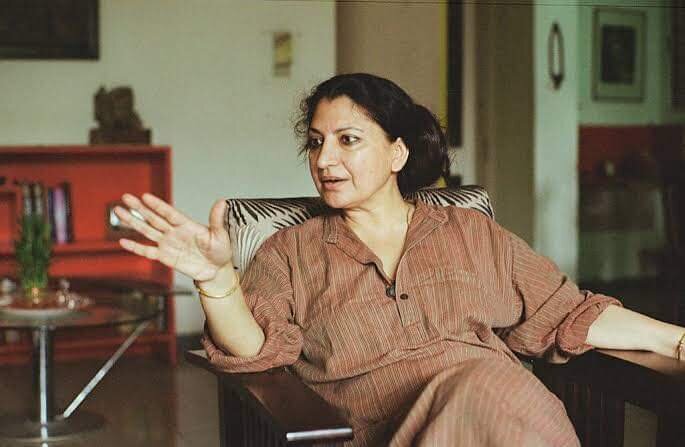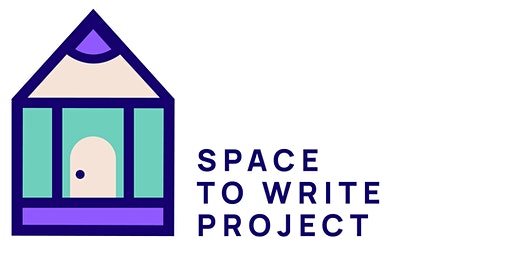Aftermath by Preti Taneja has been named the winner of the tenth annual Gordon Burn Prize at Durham Book Festival (13 October).
Taneja’s second book Aftermath strives to make sense of the London Bridge terror attack in 2019. Usman Khan was a convicted terrorist who spent eight years in prison and went on to kill two people, Saskia Jones and Jack Merritt, at an event marking the anniversary of a prison programme he had participated in. Preti Taneja had taught Khan in prison and Jack Merritt was her colleague. Aftermath is a profound attempt to regain trust after violence and rebuild faith in human compassion: a powerful recommitment to activism and radical hope.
The Gordon Burn Prize celebrates the year’s most dazzlingly bold and forward-thinking fiction and non-fiction written in English. Aftermath was selected by a panel of judges, made up of sportswriter and columnist Jonathan Liew, author Denise Mina (chair), broadcaster Stuart Maconie, artist and poet Heather Phillipson and writer Chitra Ramaswamy.
Denise Mina, chair of the judges, said: ‘Aftermath is an extraordinary story of fractured narratives and lives that takes us into a world barely glimpsed in headlines and outrage.’
Fellow judge Chitra Ramaswamy added: ‘I’m blown away by Preti Taneja’s writing: both the moral integrity of her approach and her fractured, minimalist prose. She has written a radical, profound, profoundly fractured and completely unique work of narrative non-fiction that has stayed with me. I haven’t read anything quite like it, and I can’t think of a more deserving winner of the Gordon Burn Prize.’
On receiving the 2022 Gordon Burn Prize for Aftermath, Taneja said: ‘As a writer of fiction and nonfiction, Gordon Burn never shied away from the most difficult subjects. He was dedicated to finding the best form for his work, experimenting not only to achieve affect, but to explore the ethics of writing about those subjects through the writing itself. Aftermath is the hardest book I hope I’ll ever write. For some, it’s a controversial book. For others, it’s simply about the obvious harms of the endemic racism of a UK education system that does not teach colonial history properly; the biases in the school-to-prison pipeline and in the criminal justice system; and the corresponding narratives of policing, safety, and educational saviourism we cling to, but which fail to keep anyone safe.’
The Gordon Burn Prize is run in partnership by the Gordon Burn Trust, New Writing North, Faber & Faber and Durham Book Festival, a Durham County Council event.

Usman Khan was convicted of terrorism-related offences at age 20, and sent to high-security prison. He was released eight years later, and allowed to travel to London for one day, to attend an event marking the fifth anniversary of a prison education programme he participated in. That day, he killed two people: Saskia Jones and Jack Merritt.
Preti Taneja taught fiction writing in prison for three years. Merritt oversaw her program; Khan was one of her students. ‘It is the immediate aftermath,’ Taneja writes. ‘“I am living at the centre of a wound still fresh.” The I is not only mine. It belongs to many.’
In this searching lament by the award-winning author of We That Are Young, Taneja interrogates the language of terror, trauma and grief; the fictions we believe and the voices we exclude. Contending with the pain of unspeakable loss set against public tragedy, she draws on history, memory, and powerful poetic predecessors to reckon with the systemic nature of atrocity. Blurring genre and form, Aftermath is a profound attempt to regain trust after violence and to recapture a politics of hope through a determined dream of abolition.
Preti Taneja is a professor of World Literature and Creative Writing at Newcastle University. Her first novel, We That Are Young, a translation of King Lear set in contemporary India, won the Desmond Elliott Prize 2018.


